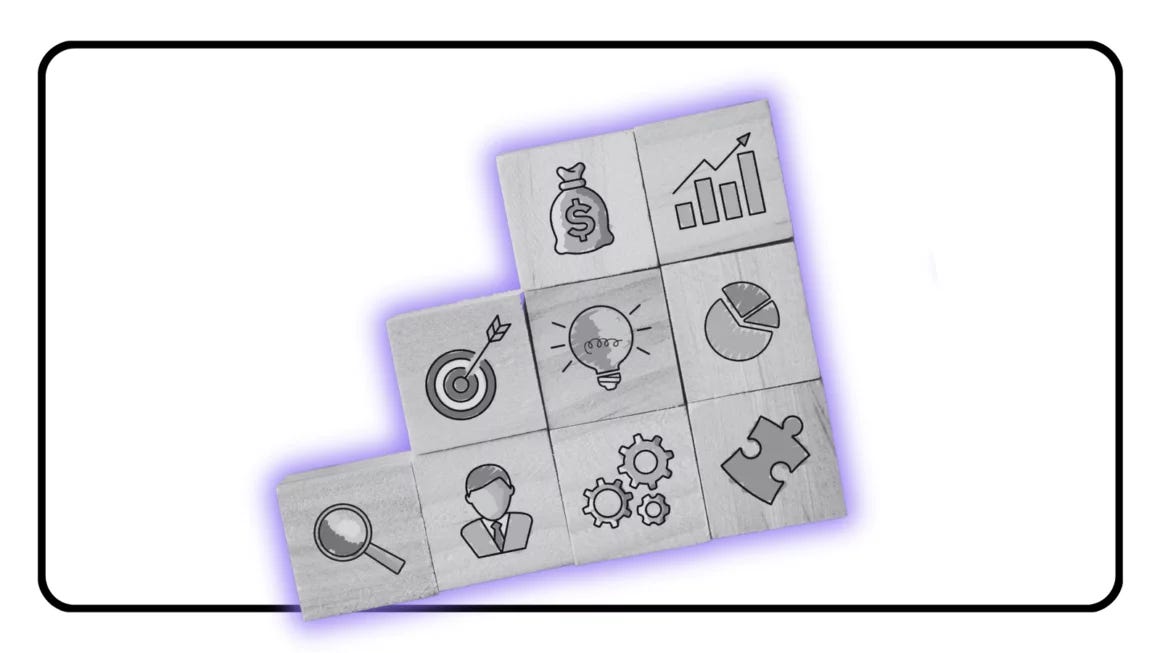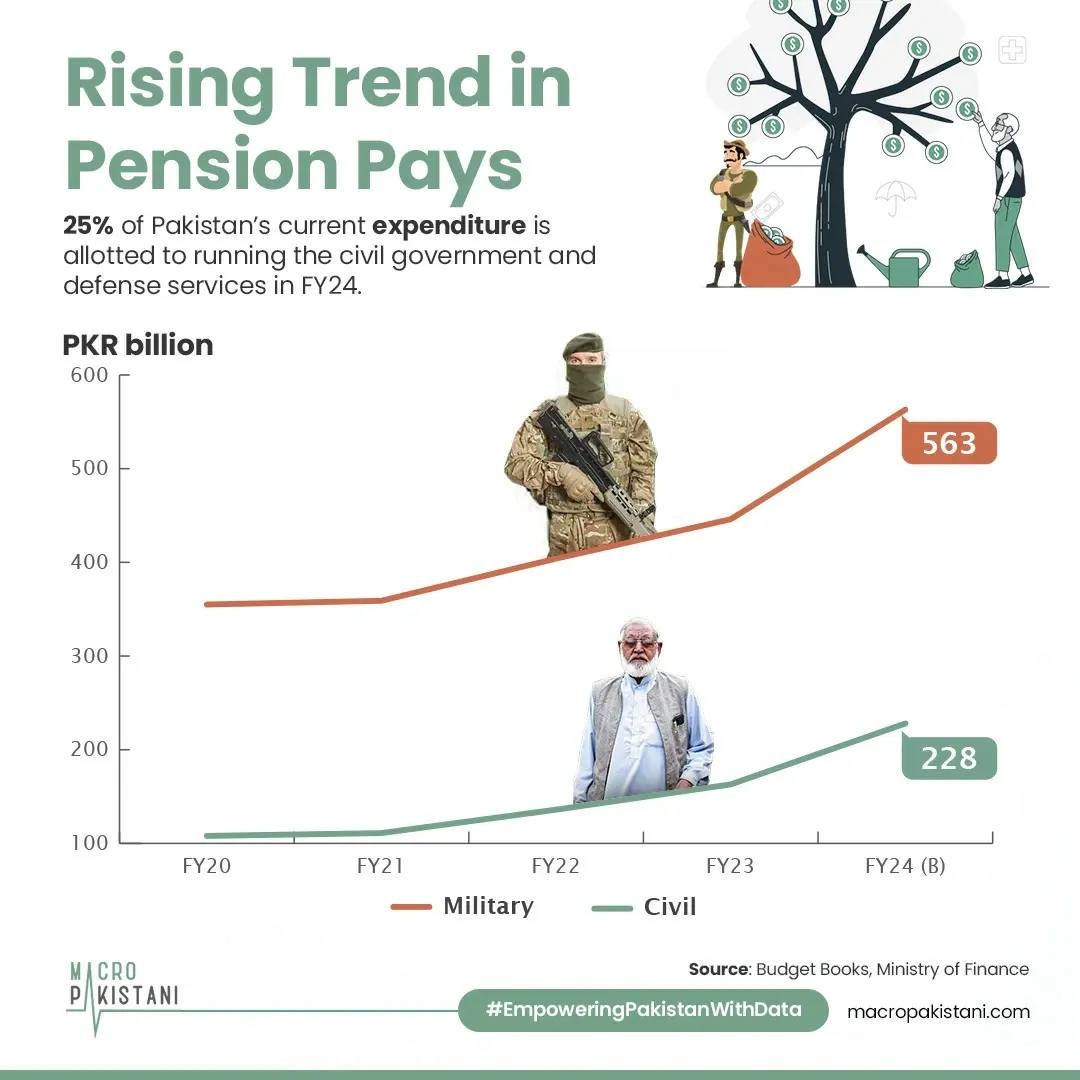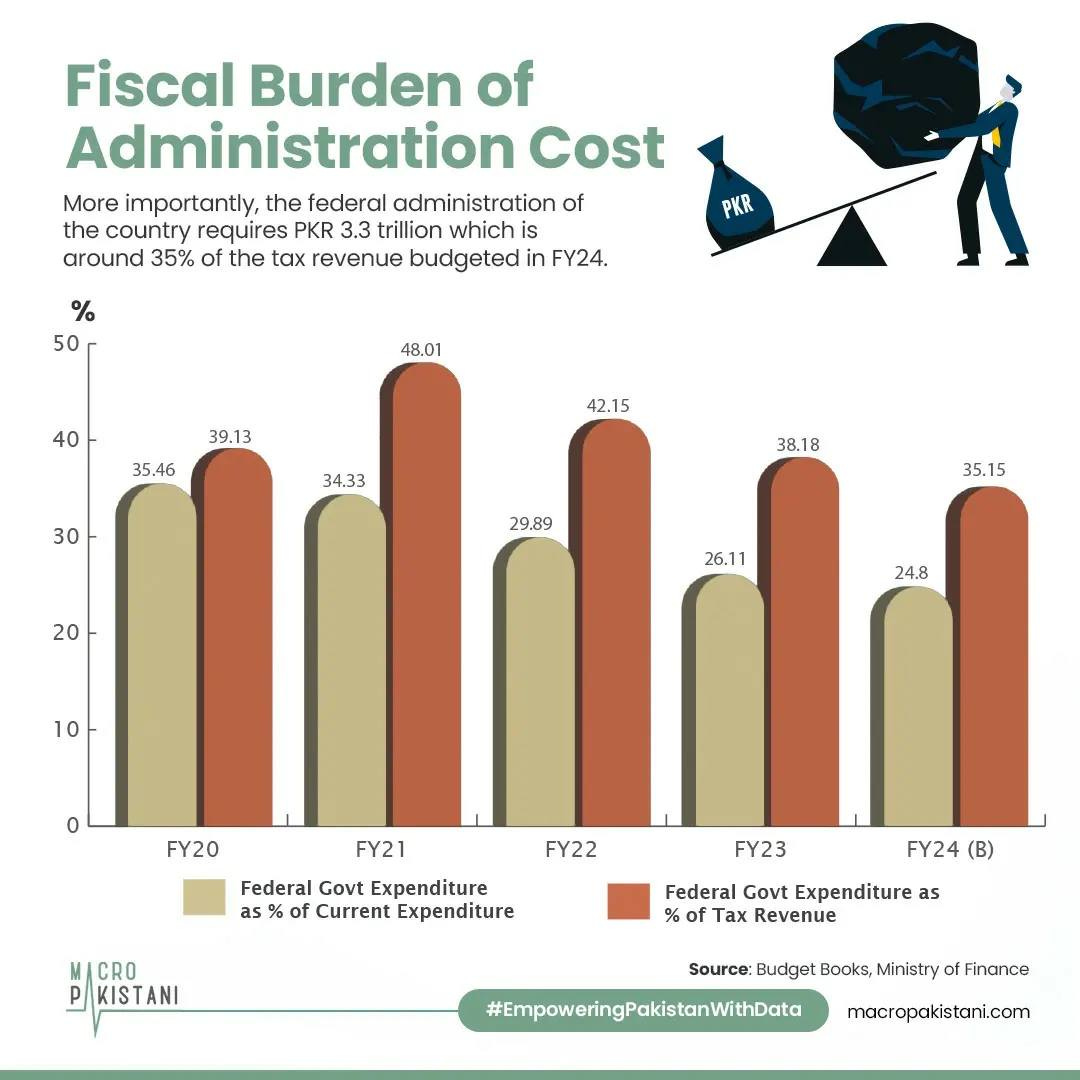Rationalizing Fiscal Expenditures
Pakistan's poorly structured subsidies are unable to stem the rising tide of poverty, with nearly 96 million people at risk.
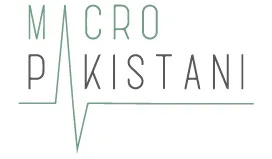
Pakistan's governmental function has shifted from a policy maker to a benevolent foster for its citizens over the past 20 years. The government invests a lot of money in citizen welfare through subsidies and employment, but there is little long-term improvement in human development. The World Bank has suggested that Pakistan has the potential to save approximately 3.4% of its GDP or PKR 2.2 trillion by implementing expenditure reforms, which would involve actions like discontinuing subsidies and delegating expenditure responsibilities to provinces. Consequently, these savings could help reduce the current fiscal deficit, which is approximately 6.7% of the GDP (after savings it would be reduced to 3.3% of GDP).
There has been endless research on the efficiency of subsidies and their impact on poverty. For the most part, subsidies in Pakistan have been awarded to the power sector. Such subsidies, in the absence of any restrictions, only benefit households in the upper economic strata (Q5 the richest). In addition to that, food subsidies are poorly targeted since supply-side pressures and commute costs limit proper utilization of transfers. This topic has regained significance as the number of people falling into poverty this year has surged to 12.5 million, marking an increase from 34.2% to 39.4%.
The government needs to realize its responsibility towards the economically vulnerable classes in Pakistan. For long, prior administrations have utilized subsidies and unconditional cash transfers as political incentives and tools for electioneering. However, Pakistan requires immediate focus on public spending on human and capital development to save its resources and empower its population.
GRAPHIC
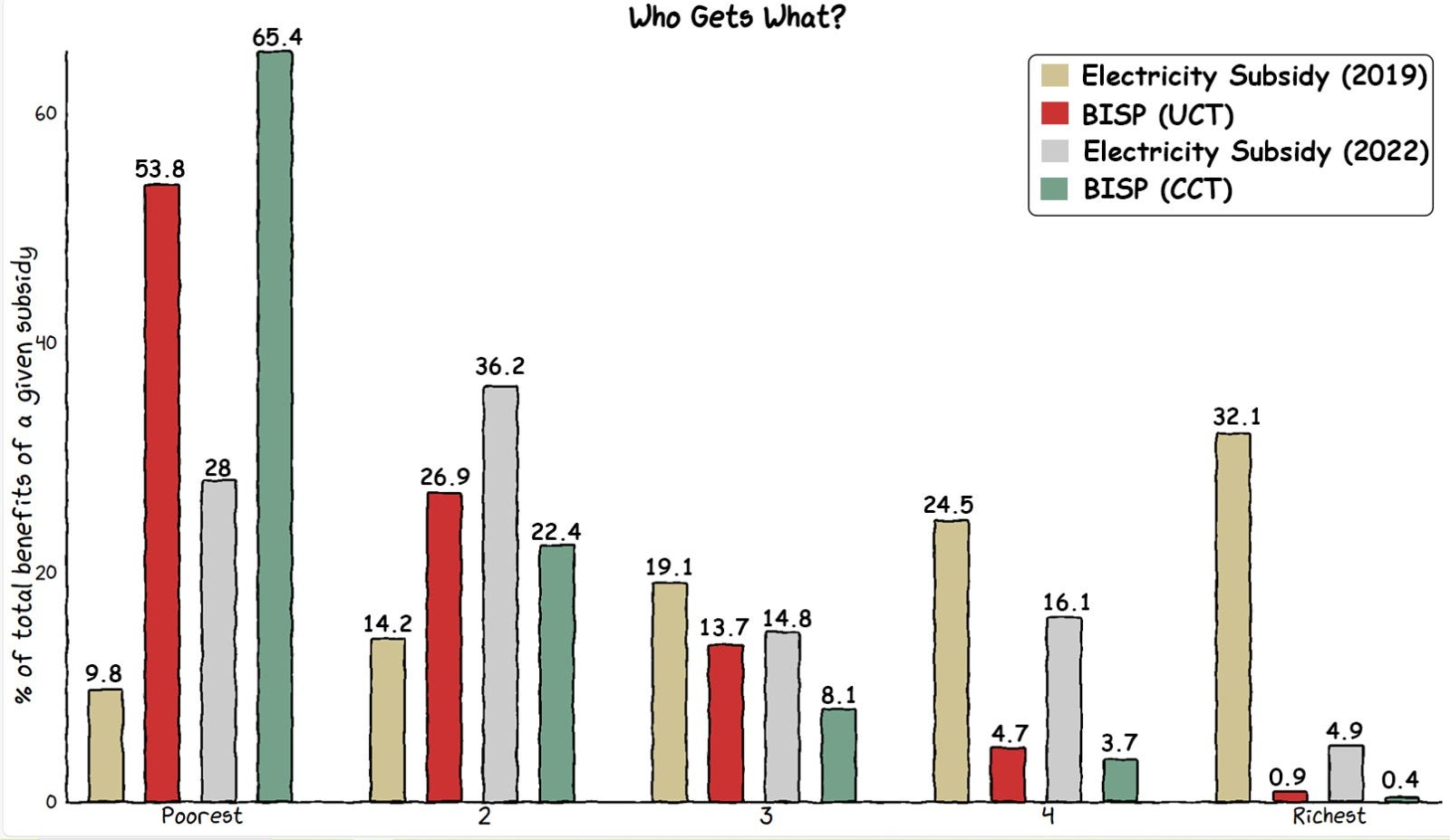
The Road to Venture Capital in Pakistan: What 142 Founders Reveal
Today’s turbocharged economy relies heavily on entrepreneurs to drive innovation and job creation. They’re the ones with the audacity to think differently, to challenge the norm, and to turn the wheels of change.
But what’s the secret sauce that makes a VC open their checkbook? Is it a revolutionary concept, the potential to disrupt the market or the unique credentials of the founder that seal the deal?
Find out by reading Techshaw’s latest article based on 76 active startups started by 142 founders* who have received $617 million in combined venture capital funding as of August 2023.
*Founder education and work experience were extracted from the LinkedIn profiles of founders. Visualizations by Brand Nib.
Team @brandnib had fun doing these visualizations for @techshaw and converted them into a Macro Data Story too.
In FY 2024, Pakistan🇵🇰 has allocated around 25% of its current expenditure to sustain the expenses of both the civil government and the defense services.
⚫ This allocation surely reflects the nation's commitment to maintaining a robust administration while ensuring national security.
However, a crucial aspect to highlight is the substantial financial requirement of the federal administration itself, which stands at a staggering PKR 3.3 trillion.
This amount represents approximately 35% of the entire tax revenue budgeted for FY24. Such a considerable amount represents Pakistan’s rising administration expenditures and declining productivity.
Data Visualization & Marketing Partner: Brand Nib
Visit: https://macropakistani.com/advertise/
Improve brand awareness for your startup/business or amplify the reach of your ongoing marketing campaigns by promoting them on Macro Pakistani. We are doing/have done successful paid collaborations with:
About Us: Macro Pakistani is a data-driven research platform that aims to provide a basic understanding of Pakistan’s economy. If you have an interest in contemporary news but are currently overburdened with sensationalism and specialized vocabulary, we are the platform for you.
How are we doing? Please send us any questions, comments or suggestions by replying to this email.


